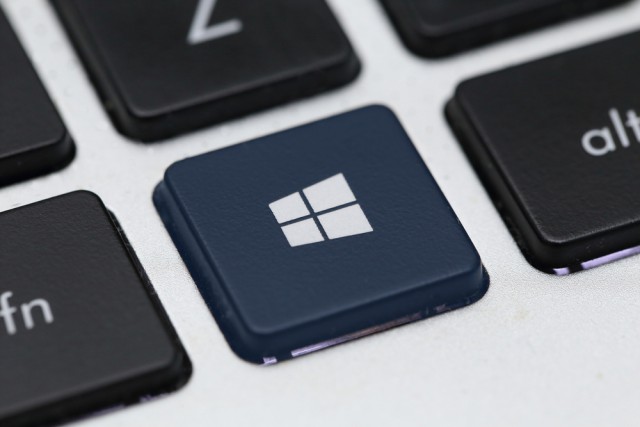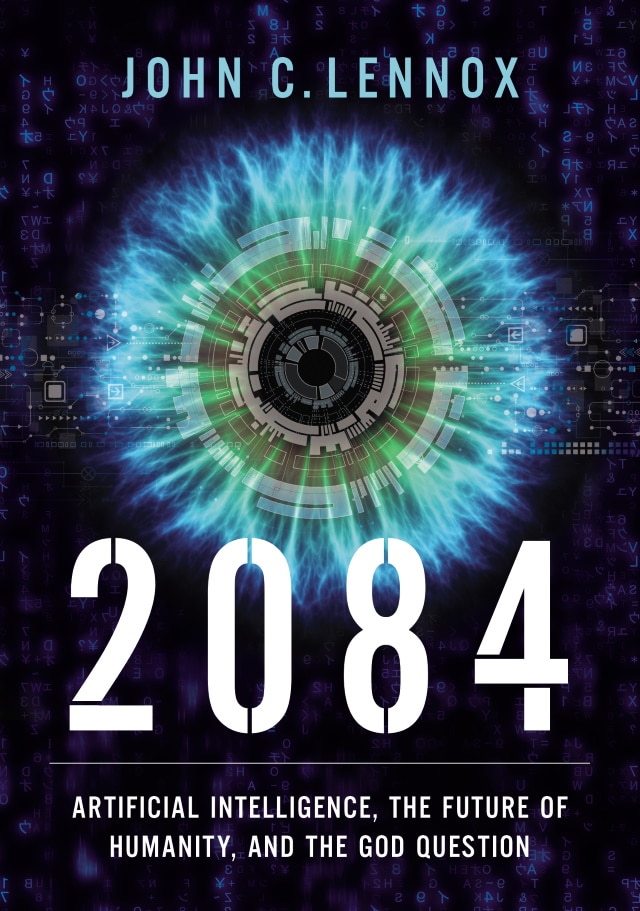
70 percent of security professionals say election infrastructure is at risk
A new survey of security professionals shows that 70 percent of respondents believe their governments can't adequately defend election infrastructure against domestic and international cyber attacks.
In addition the study, from machine identity protection company Venafi, finds that 75 percent believe the spread of disinformation is the greatest threat to election integrity.

Tweaking Windows 10 to remove features and lock down your privacy? You're violating Microsoft's copyrights
Although Windows 10 doesn’t spy on its users in the way it did when first launched, and people now have much greater control over their privacy settings, the truth is many users would prefer to tighten their control over the operating system further than Microsoft allows.
There are a number of great free third-party tools which let you boost your privacy and make various changes to the software, including removing annoying bundled software. That’s fine right? Not according to a lawsuit in which Microsoft says this is a breach of its license.

Logitech launches 2020 Design Collection of wireless mice
When it comes to product design, there are many paths to take. You can, of course, go for a basic and boring design, or opt for an elegant style. But what about fun? Playful and whimsical designs are not just for children -- adults can enjoy some funkiness too.
A great example of fun design comes from Logitech. Each year, it releases a collection of mobile wireless mice with playful exteriors. For 2020, the company is introducing the Design Collection for its M325C mouse. This year, the company has produced some truly colorful and fun styles of the non-Bluetooth and non-rechargeable wireless mouse.

You can watch today’s big PlayStation 5 reveal live here!
Between the pandemic and widespread police brutality, America is in deep trouble. As usual, however, the USA will ultimately survive and come out stronger as a result. Wisely, Sony decided to delay its big PlayStation 5 game-play reveal during the peak of protesting George Floyd's murder. Obviously, it would have been tone-deaf to discuss video games in the middle of a worldwide movement to fight against racial inequality and police brutality.
While the protests are still happening (racial inequality is arguably a forever-battle), Sony has decided enough time has passed, and it is time to reschedule the big PS5 event. Yes, we will finally get to witness some significant PlayStation 5 game footage later today at 4:00 PM Eastern Time. While not guaranteed to happen, many people are hoping Sony will also reveal the design of the PS5 console. Hey, we have already seen the revolutionary controller.

Internet Archive to close its National Emergency Library two weeks early following legal action
Three months ago, in response to the COVID-19 pandemic and resulting lockdown, the Internet Archive created a National Emergency Library with over 1.4 million books that you could borrow immediately.
By suspending waitlists for books in its lending library, the Internet Archive hoped to best serve the nation’s displaced learners. The plan at the time was to offer this Emergency Library "through June 30, 2020, or the end of the US national emergency, whichever is later".

Microsoft releases Windows 10 Build 19645 with changes to Linux kernel servicing
It’s been a couple of weeks since Microsoft began rolling out the Windows 10 May 2020 Update, and it’s fair to say progress has been slow, with more issues coming to light.
Still, it’s full steam ahead on Windows 10 development as the software giant today releases a new build for Insiders on the Fast ring.

ADATA launches XPG PRIMER RGB gaming mouse
When you think of gaming mice, your mind probably conjures images of brands such as Logitech G or HyperX, am I right? That is totally understandable. However, there are many other companies manufacturing these types of mice nowadays. Believe it or not, even ADATA is making gaming mice and keyboards under its XPG enthusiast brand.
Today, ADATA unveils its latest such pointing device. Called "XPG PRIMER," this optical gaming mouse is wired, so you don't have to worry about replacing batteries. And of course, as a gaming product, the XPG PRIMER has customizeable RGB lighting too.

Protocol flaws leave 5G and other mobile networks open to vulnerabilities
Vulnerabilities affecting mobile and 5G networks are putting industrial equipment, smart homes, and city infrastructure at risk according to a new report.
Produced by Positive Technologies, this is the fourth in a series of reports on the greatest threats and vulnerabilities in the mobile ecosystem. It highlights the cyber security risks to networks that originate with the GTP protocol -- which is used to transmit user data and control traffic on 2G, 3G, and 4G networks.

Secure access solution delivers SD-WAN connectivity for remote workers
Home working means an expanded threat perimeter which makes enterprise networks more of a challenge to secure.
Secure SD-WAN specialist Versa Networks is launching a new solution aimed at delivering secure SD-WAN services and private connectivity for employees who are remote or working from home.

How Artificial Intelligence is escalating in cybersecurity
When progressive technologies start to deliver on their potential, we can expect a wholesale shift of vendors looking to get on the bandwagon. First the technology enthusiasts and early adopters will come to validate the promises of the newest technology and hone its potential into something viable for the mainstream. Once that is done, the early majority, late adopters and finally, even the skeptics jump in as well.
Finally the time is here for Artificial Intelligence and Machine Learning (AIML) in cyber. There is a widespread move out of the early adopter stage and into the early majority stage of adoption. We need to get onboard if we are going to thwart cybercriminals. The good news is that the industry is recognizing the power and the value of AIML and is finally making investments in this space.

Microsoft partners with NTT DATA to boost public cloud for digital transformation
Businesses are increasingly looking to bring about digital transformation through agile system integration utilizing cloud computing and other technologies.
NTT DATA is expanding its alliance with Microsoft to bring together NTT's global IT services with Microsoft's cloud to help digital transformation projects using Microsoft Azure as a preferred cloud solution.

AI and what it means for humanity
We hear a lot about what artificial intelligence means for business and research, how it can speed up and streamline tedious processes and so on.
But if machine intelligence is going to be our new normal how does that affect what it means to be human? Emeritus professor of mathematics at Oxford University, John C. Lennox has written a new book exploring these questions. In this exclusive extract he looks at how our brains compare to computers.

The impact of open source on security [Q&A]
Open source software is commonly used to save time as it means developers don't end up repeating the same things over and over.
One of the key things about open source is that the source code is open to examination by everyone, In security terms this means it’s open to both the attackers and defenders.

60 percent of organizations expect to suffer attacks by email
Email is still a favorite attack route for cyber criminals a new study reveals, 77 percent of respondents say they have or are actively rolling out a cyber resilience strategy, yet an astounding 60 percent of respondents believe it is inevitable or likely they will suffer from an email-borne attack in the coming year.
Respondents to the Mimecast survey of more than 1,000 IT decision makers cite other worries as data loss (31 percent), a decrease in employee productivity (31 percent) and business downtime (29 percent) due to a lack of cyber resilience preparedness.

Executives believe their companies will benefit from 'continuous intelligence'
New data released today by Sumo Logic highlights increasing demand for a new category of software called 'continuous intelligence' among C-level executives.
Continuous intelligence allows organizations to more rapidly deliver reliable applications and digital services, protect against modern security threats, and consistently optimize their business processes in real time.
